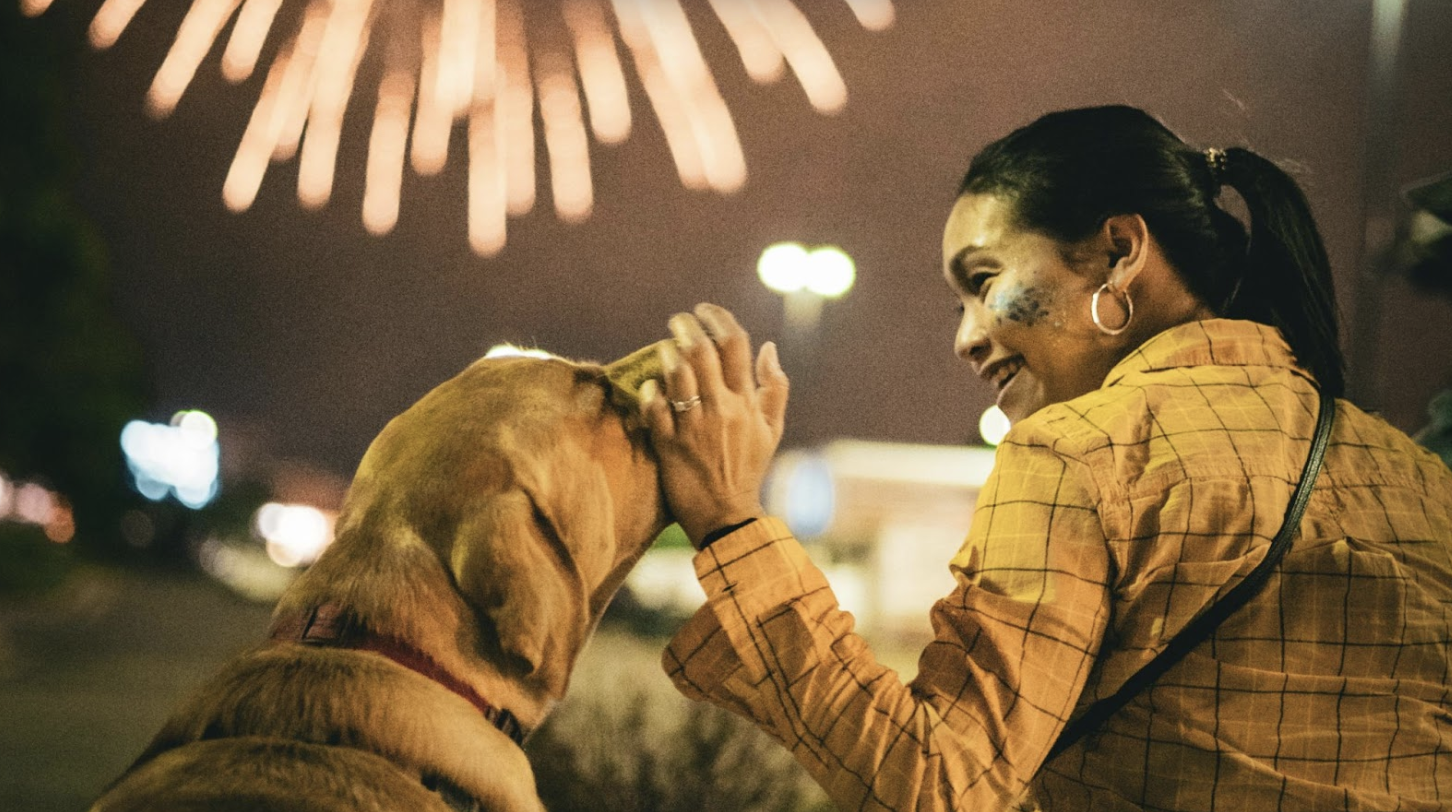Unlike our COVID-19 or even the relatively new Canine Influenza viruses, there’s a bacterial infection receiving a lot of attention lately that has been around for over 100 years!
Leptospirosis, a spirochete with over 200 serovars (strains), has been creating much havoc in many areas of the U.S. with many new cases seen in the Los Angeles area lately.
We are now seeing news reports of this disease also wrecking havoc in Florida and New York.
This disease-causing bacteria is shed in the urine and other bodily fluids of infected wild rodents and animals, including rats, raccoons, skunks, opossums, deer, coyotes, and wolves. Typically, many veterinarians considered this disease a lifestyle disease, and thus recommended vaccinations for those dogs that frequented areas where these carriers were prevalent. But in some areas, due to food shortages and the impact of our encroaching into these animals’ natural habitats, these same animals have been seen in our neighborhoods, thus inadvertently shedding the Leptospira bacteria.
Leptospirosis is a very serious disease which can cause, amongst other things, severe kidney disease, which can cause lethargy, anorexia, vomiting, abdominal pain, excessive water drinking and urinating. It can also cause liver disease, as well as generalized malaise, like muscle pain, stiffness, weakness, and trembling. In severe cases, dogs can suffer from bleeding/clotting disorders as well.
If caught early, many cases of Leptospirosis will respond to treatment. This includes antibiotic therapy, fluid support, hepatic support, and anti-vomiting medication. Since this infection is contagious to other dogs, care should be taken to avoid contact. Also, because of its zoonotic potential, meaning it can spread to people as well, we need to make sure to exercise caution when handling infected dogs.
As you can imagine, the rat population in New York City is overwhelming, so it's easy to understand why this disease is becoming so prevalent. In fact, there are ratting dog groups across the city that are trained to find and hunt rats to control the population! You can read more about the rat hunting dogs here.
As with most diseases, the best treatment is PREVENTION! If your dogs are at risk of contracting Leptospirosis, speak to your veterinarian about vaccination. Lately, I have been strongly recommending the vaccine in our area since many cases have been reported. Better safe than sorry!
Jeff Werber, D.V.M.
Fi Veterinary Consultant

